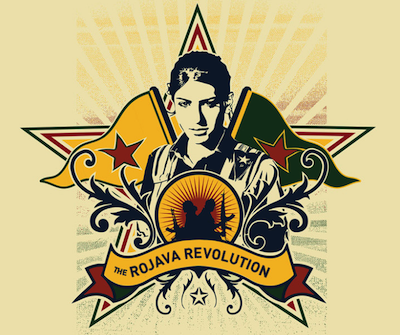 In this education series we look at experiments, which have arisen through working class struggles, to create alternatives to capitalism. This will include looking at present and past alternatives to capitalism. In doing this, we are not saying these experiments should be carbon copied – they have often taken place in very different times and contexts.
In this education series we look at experiments, which have arisen through working class struggles, to create alternatives to capitalism. This will include looking at present and past alternatives to capitalism. In doing this, we are not saying these experiments should be carbon copied – they have often taken place in very different times and contexts.
Rather we are trying to show that, through struggle and experimentation, new societies that overturn capitalism can be brought into being; even under very harsh conditions. This, we believe, provides hope to working class struggles: what we have today under the capitalist and state system can be ended and replaced by a better society. Experiments in alternatives show clearly how another world is possible.
In this article, the first article of the education series on alternatives to capitalism, we look at an experiment that is taking place today, known as the Rojava Revolution, to overturn capitalism and the state system in northern Syria (which is being subjected to an imperialist and civil war). In Rojava a social revolution, influenced by libertarian socialism, has been underway since 2012 and a new society has emerged in the process.

